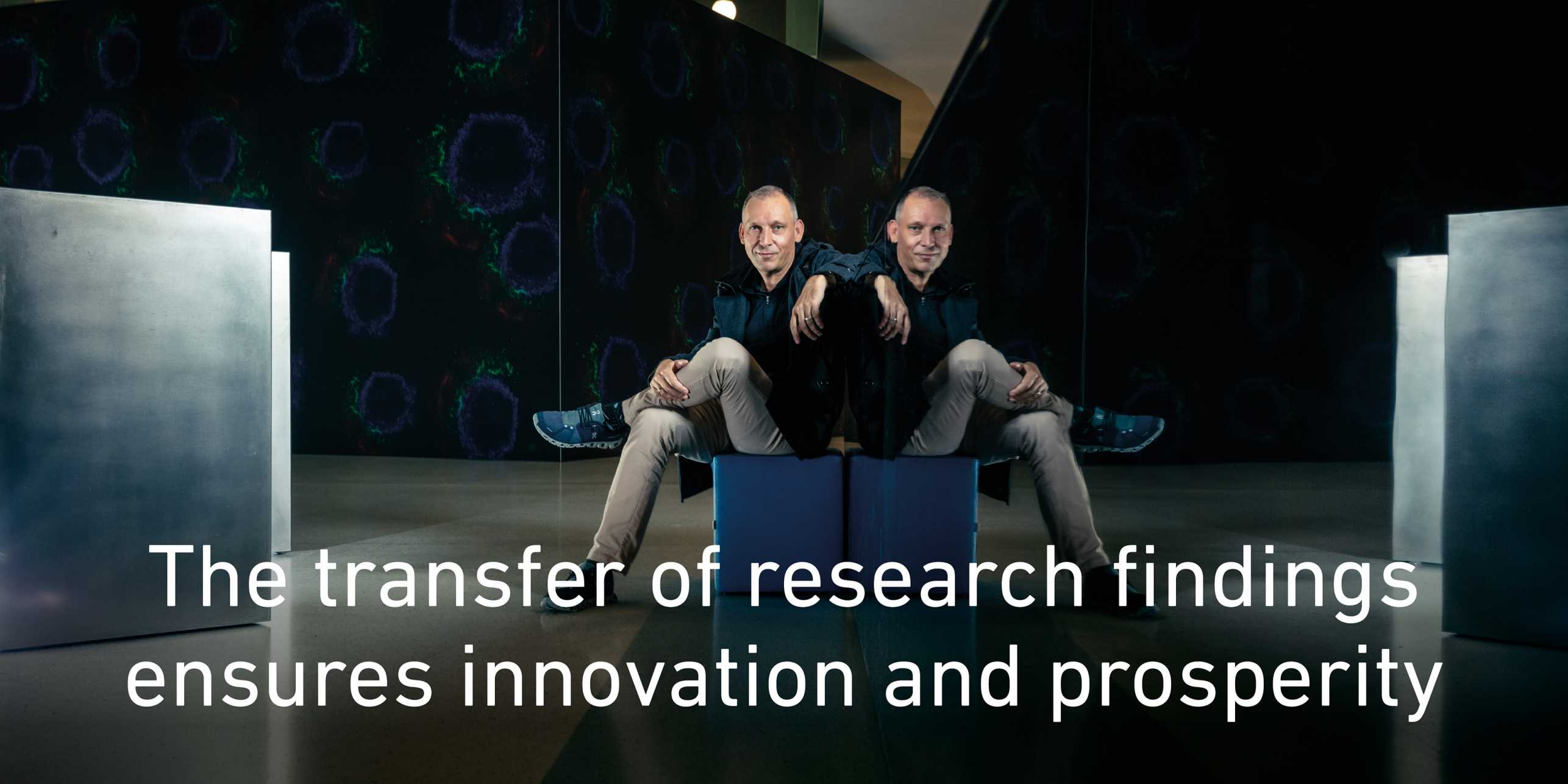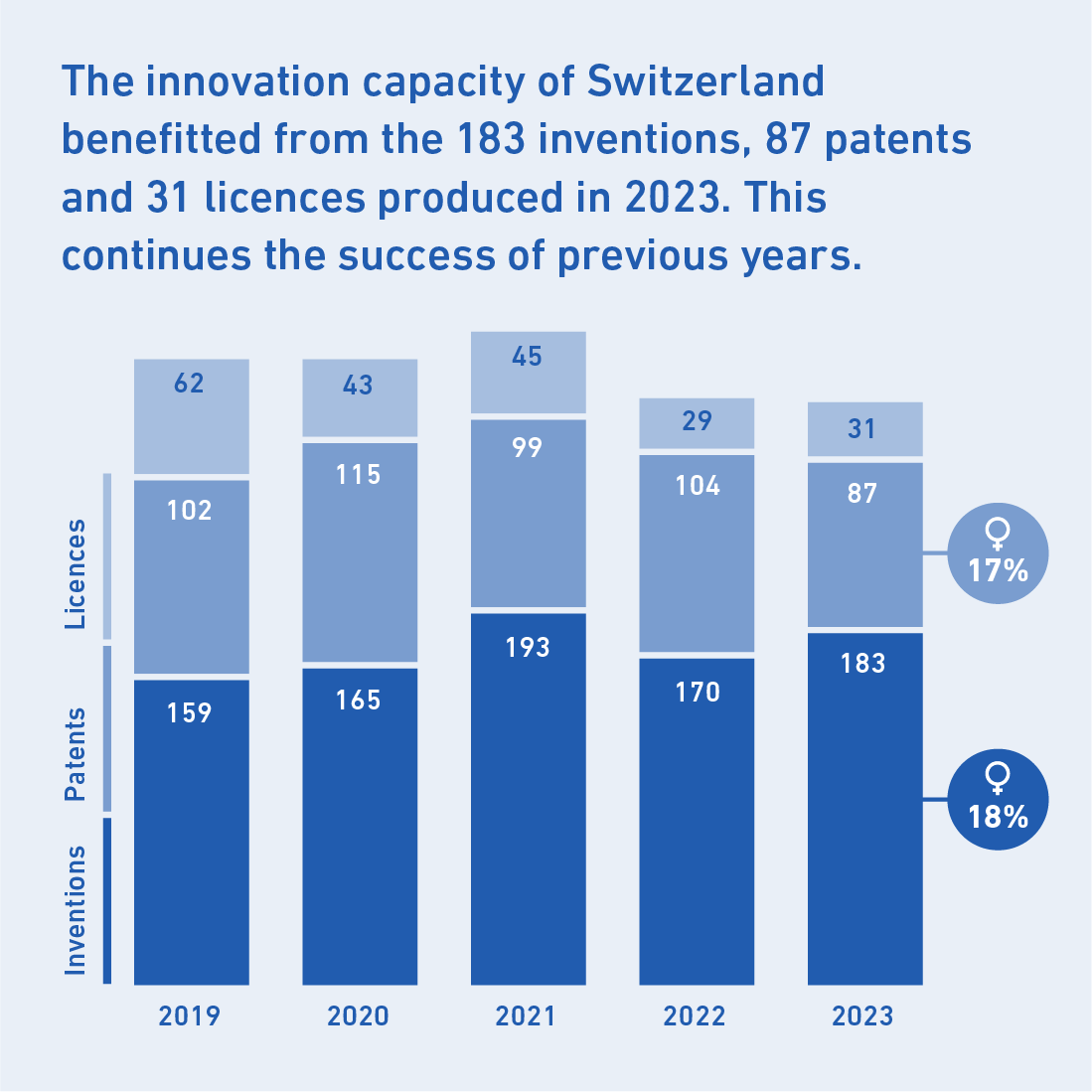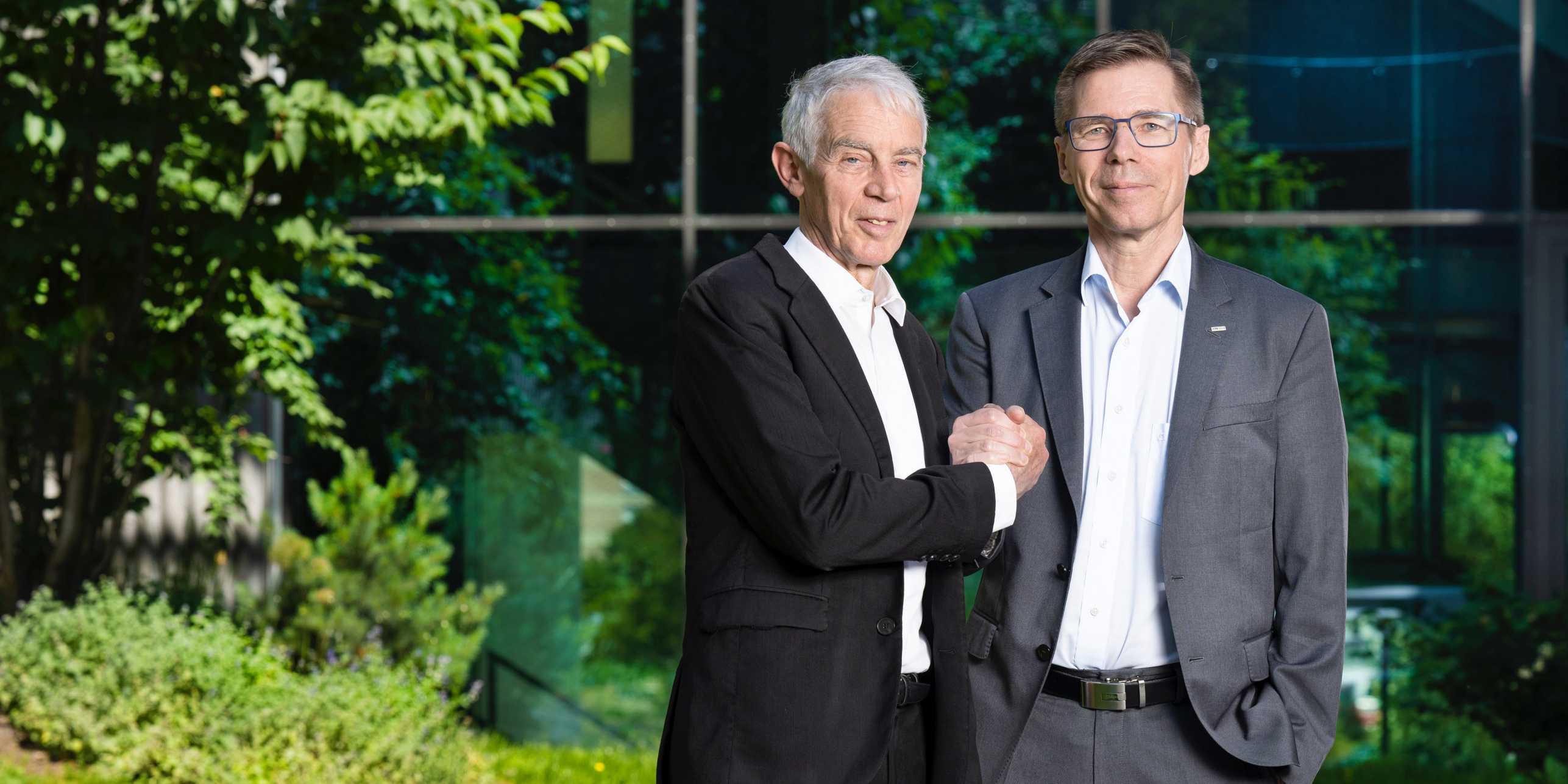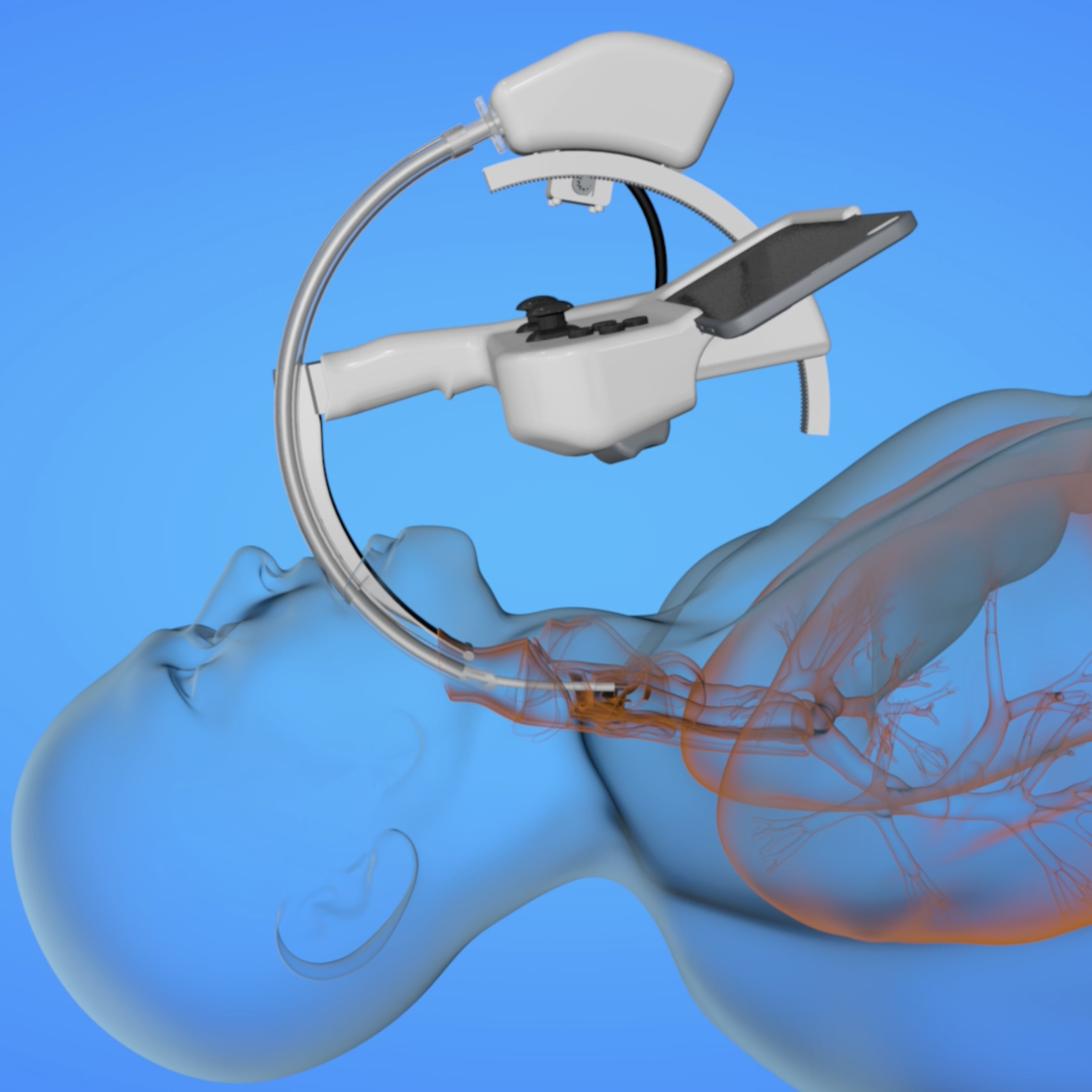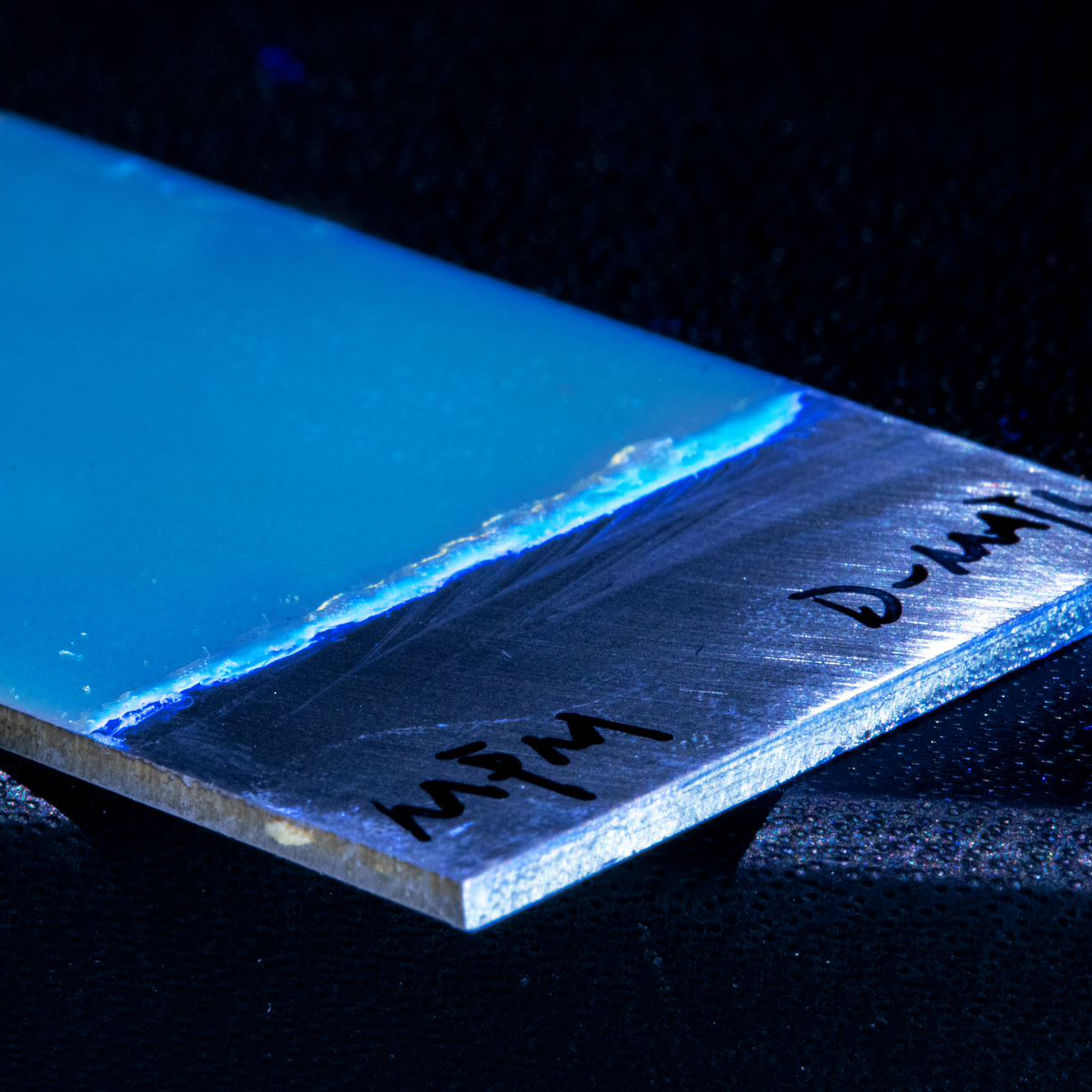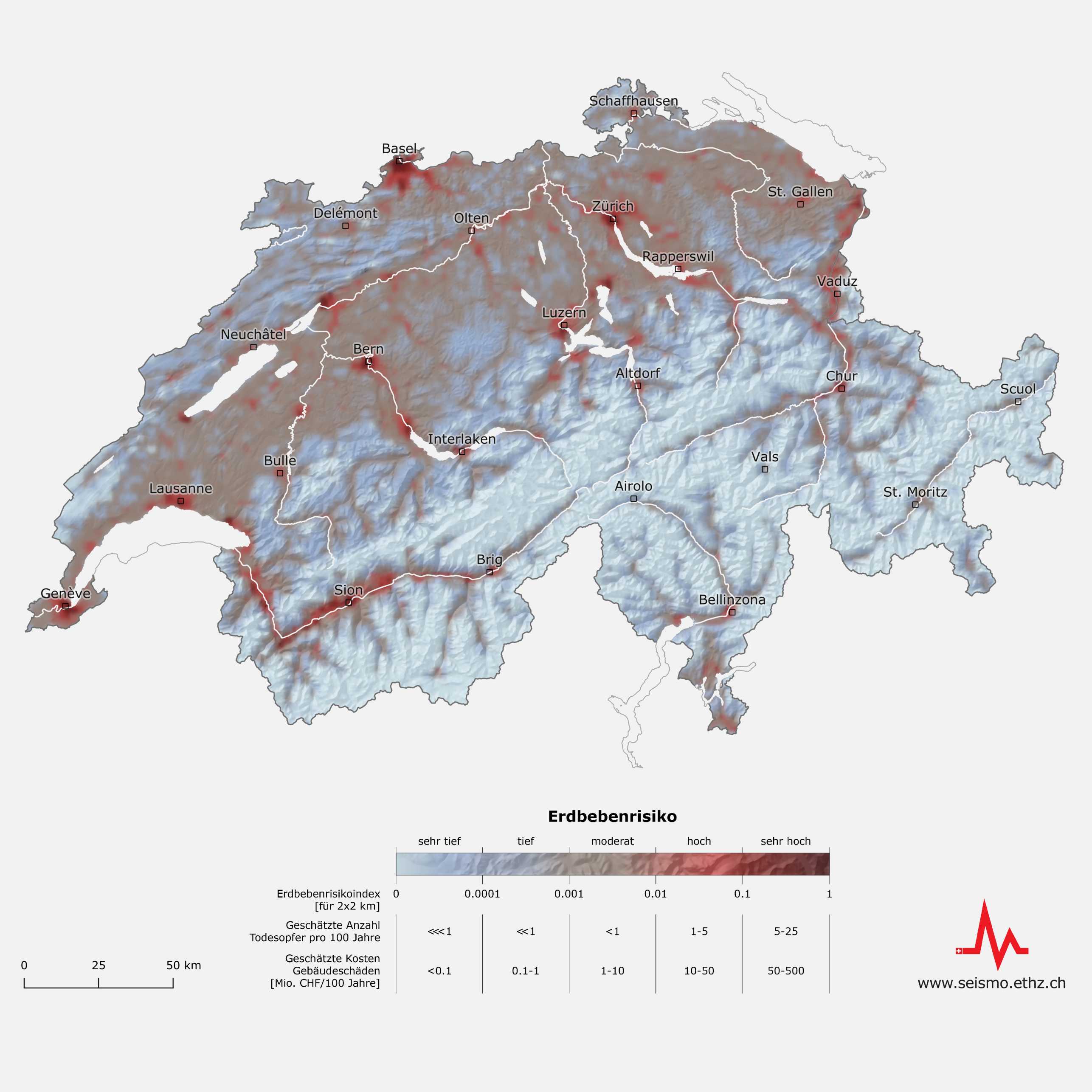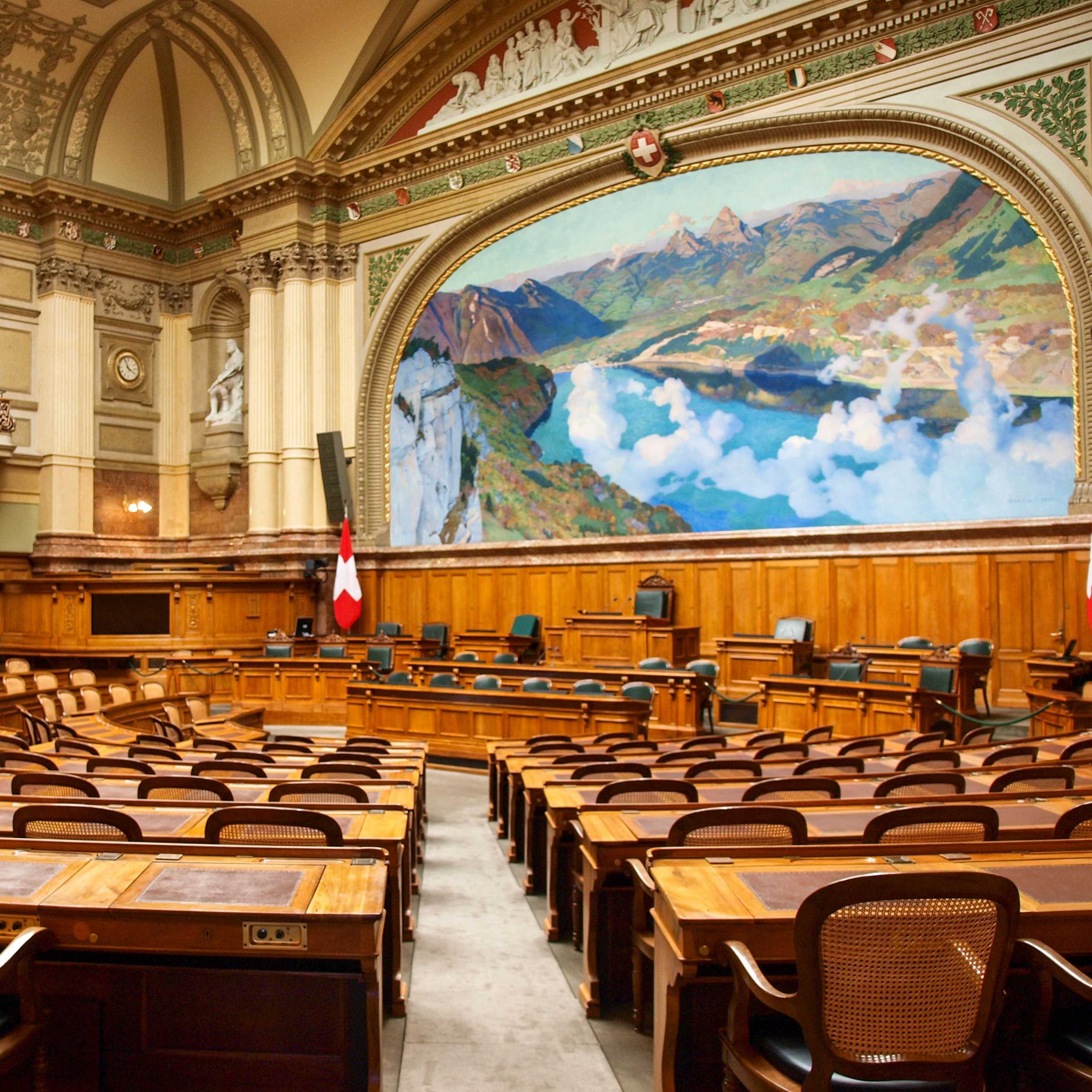Knowledge transfer
Knowledge transfer improves
competitiveness
The exchange and transfer of knowledge strengthens innovation and boosts prosperity in society. The transfer of knowledge based on ETH Zurich’s world-class research also enhances the competitiveness of Swiss SMEs and large corporations. The university is involved in pioneering innovation partnerships and supports entrepreneurship, in particular through the licensing of research results and the establishment of spin-offs. Over 580 spin-offs, founded in the last 50 years, have created thousands of jobs, and attracted 330 million francs from private investors in 2023 alone – a record unequalled by any other university in Europe. What is more, ETH researchers are involved in various activities that provide the groundwork for evidence-based political decisions.
Applying new research findings
ETH Zurich is at the service of society. With its world-class education and research, it transfers knowledge characterised by groundbreaking inventions and innovative entrepreneurship. In this way it maintains Switzerland’s position at the technological forefront. ETH Zurich also promotes the transfer of knowledge through cooperation with industry, political decision-makers and other partners.
AI and robotics allow a safer intubation procedure
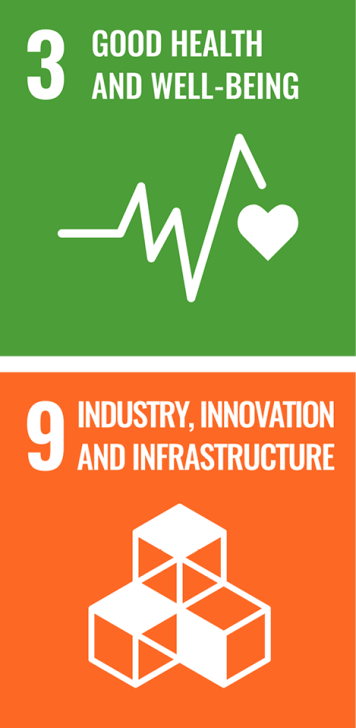
Intubation of the trachea can save lives. However, the procedure is challenging. aiEndoscopic, a spin-off from ETH Zurich, the University of Zurich and University Hospital Zurich, has developed a device that makes intubation easier and safer. It combines artificial intelligence and robotics: the endoscope can be inserted into the trachea at the touch of a button. The device’s own software evaluates images from the mouth and throat in real time and, upon confirmation by the user, brings the endoscope into the correct position. This allows people with limited experience to intubate successfully.
New corrosion protection that repairs itself
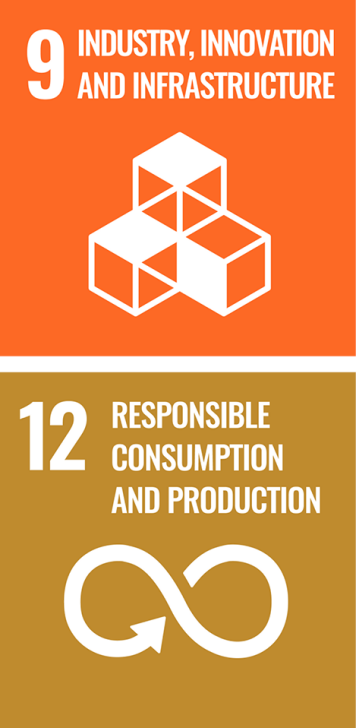
Corrosion causes tremendous damage and high costs worldwide. ETH Zurich researchers have developed an extraordinary form of protection against corrosion after a chance discovery. It is called poly(phenylene methylene), or PPM for short. The new material can be sprayed onto a surface where it solidifies. It glows in places where the protection is intact and fails to fluoresce where it is not. What is more, PPM can repair itself. And at the end of the life of a product treated with PPM, the polymer can be completely removed and recycled with only minimal material loss. The researchers have applied for a patent for their invention.
A furnace for testing the safety of timber constructions
Height limits for timber high-rise buildings ended some years ago. Timber construction is booming as a result. ETH researchers at the Hönggerberg campus are now using a fire simulator to test timber components for buildings. A custom-built furnace at the Department of Civil, Environmental and Geomatic Engineering shows how timber structures behave in different fire scenarios. Several cameras record the tests, and the composition of the combustion gases is also analysed. The insights gained will help to expand the potential applications of timber as a construction material.


In the service of society
ETH Zurich helps to overcome a wide range of challenges – at local, national and global level. Working with public administrations and policymakers, it adopts an interdisciplinary and transdisciplinary approach to developing solutions. ETH Zurich continued to provide scientific services for the country in 2023, working with the Swiss Seismological Service (SED), for instance.
Knowing where earthquakes cause damage
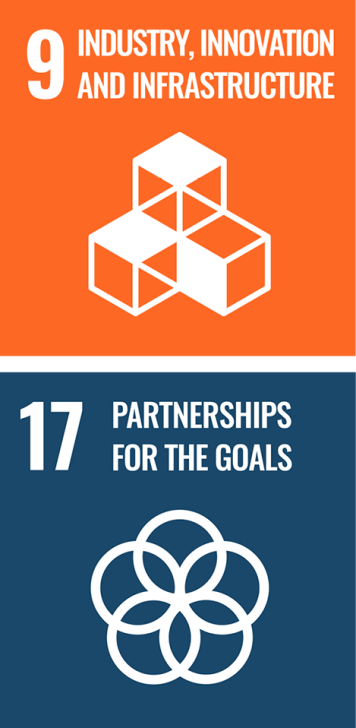
A destructive magnitude 6 earthquake occurs every 50 to 150 years on average in Switzerland or near the Swiss border. To find out more about the consequences of such quakes, the Swiss Seismological Service (SED) at ETH Zurich teamed up with the Federal Office for the Environment and the Federal Office for Civil Protection to develop an earthquake risk model. According to the model, the risk of damage to buildings is highest in the cities of Basel, Geneva, Zurich, Lucerne and Bern. The findings should help government agencies make informed decisions in the areas of earthquake preparedness and incident management.
Knowledge transfer at the interface with policy
ETH Zurich wants to support society in making important policy decisions based on solid evidence. To this end, it promotes dialogue and cooperation between its researchers and political decisionmakers with the aim of making an effective contribution to solving the complex challenges facing society.
New Science-Policy Advisory Board
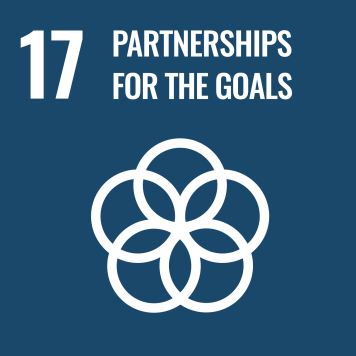
Cooperation between science, public administration and policymakers with regard to evidence-based policymaking is a central pillar of knowledge transfer that is set to become even more important in the future. The Science-Policy Advisory Board was set up in 2023 to advise the Executive Board on issues at the interface between science and policy. The 11-member committee monitors the work and activities of ETH Zurich at the interface with policy and makes recommendations for further development.
Industry meets Science
ETH is stepping up the transfer of knowledge through active cooperation and dialogue with industry. It helps companies find research partners and advises on funding programmes and financing options for joint projects. It also organises workshops, events, company visits and laboratory visits.
Over 700 visitors on Industry Day
ETH Industry Day highlights current research and entrepreneurial activities at ETH Zurich and provides a platform for industry to meet ETH researchers and ETH spin-offs. Over 700 people attended the numerous lectures and accompanying exhibition at ETH Industry Day in September 2023.
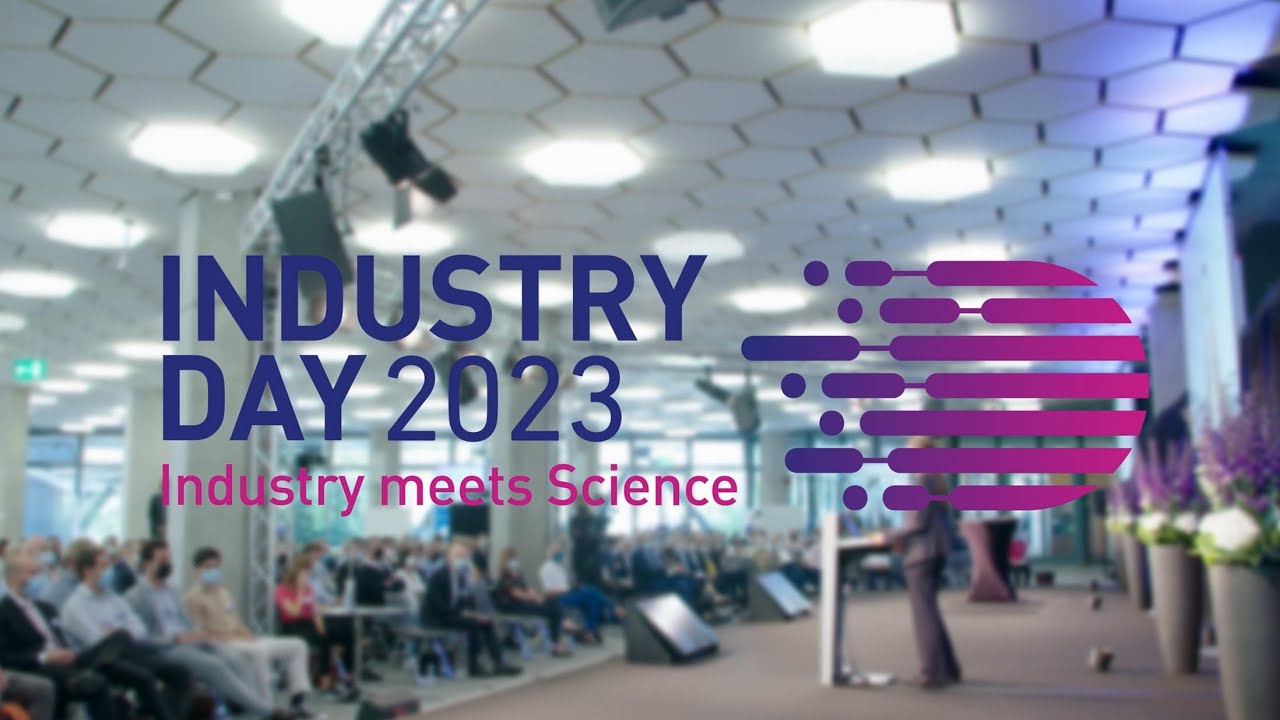

The Annual Report is produced in German and translated into English. Only the German version is binding.
© ETH Zurich, April 2024
